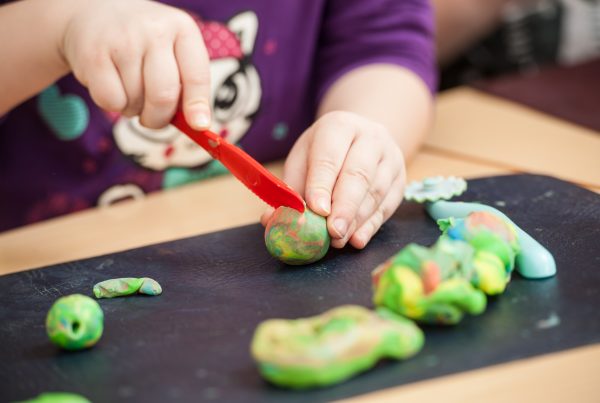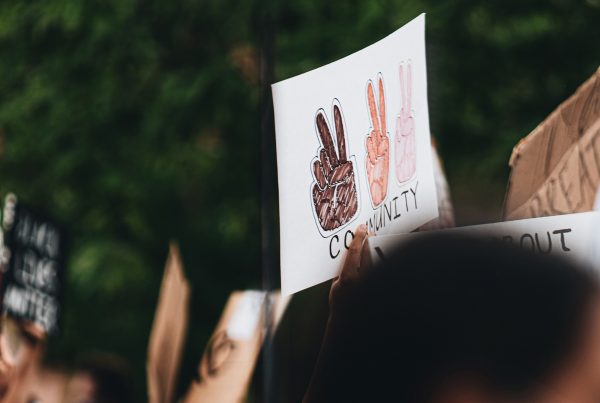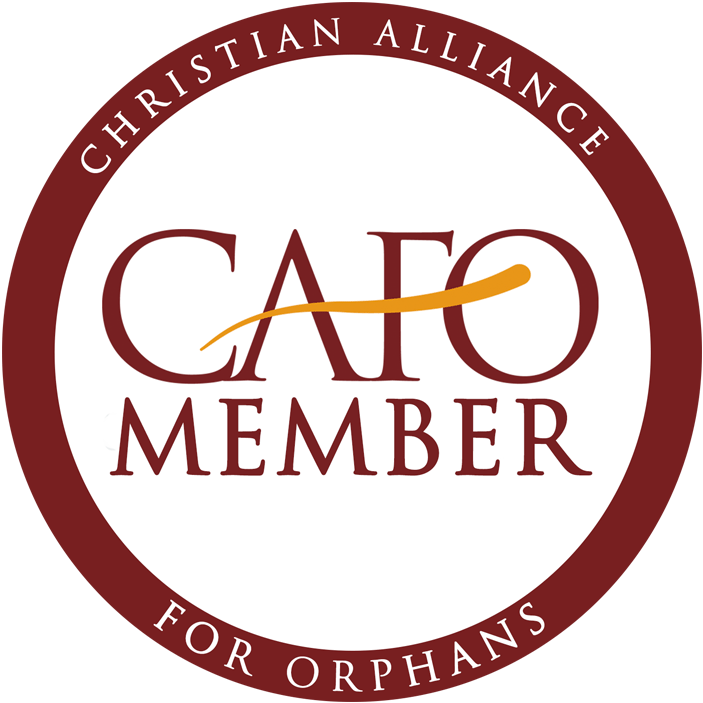
How can I love a child who was not born to me?
It’s a question often asked, or if not asked out loud, it’s that thought that feels too cold to say but a question we ponder nonetheless.
Reality is: there may be moments where it is hard to love. But maybe we have the definition of love wrong when we ask this question. If we measure love by our feelings, our instincts, our emotions, then we will struggle.
This is true in any relationship, and it is especially true when you enter the world of foster care. It’s not only because you are bringing in a child who has experienced trauma, but also because you are opening yourself to a greater level of vulnerability than you may have previously experienced. You are accepting more responsibility with less control, opening your life to new and often complicated relationships with the parents of the child in your care, and putting yourself under the authority of an imperfect system.
It’s a perfect storm.
Are you going to feel the butterflies and emotions we often associate with love as you step into foster care? Probably, yes! And definitely, no! Our feelings change; they come and go. One thing is certain; you will experience a lot of feelings—some of the ugliest you’ve had. Expect this.
That is why we need to start by redefining love. Love is a choice. Love is an action. Love is commitment. This kind of love requires help from the One who is love, Jesus. When we lean on Him and allow His love to change us, we will be able to share His supernatural love with others, and we will experience His love in more personal ways in our life, too. Expect this!
With this in mind, here are three ways I have learned to love, albeit imperfectly, the kids in my care.
Lean in when you want to pull away.
I remember one evening where our two-year-old little one was struggling a lot. At one point, she turned to Clint and said, “I don’t like you!”
Ouch!
Later that evening, I talked to Clint and said, “I think you need to take her on a date; clearly, she is not feeling connected to you.” Clint turned to me and said, “But I don’t like her.”
Even though he didn’t feel love or like for our little girl, he chose to step into the uncomfortable, and the next day, I woke her up with some exciting news. As I helped her get ready—hair, dress, and fancy shoes—Clint and the other kids eagerly awaited her entrance.
And her entrance was grand! She skipped, she waved, she ran to Clint and together they went off on their very first date!
Sometimes, we need to lean in when we want to pull away.
Open your heart when you want to guard it.
I’ll never forget those early days, holding my six-month-old foster son, rocking him, memorizing his little face and toes, AND I’ll never forget that lingering feeling in the back of my mind, “How long will he be here?”
Oh, my heart broke as I thought about him leaving. No one wants to experience pain. But what is the alternative?
Regardless of how long our kids will be with us, they need us. All of us. They need us to risk, to be vulnerable, and to love big. Just as our Savior, Jesus loves us.
As foster parents, our job is to love wholeheartedly and trust Christ with the future. Every bit of it.
Celebrate your child’s love for their birthparent even when it breaks your heart.
Week in and week out, that day would come, visit day. Every week, my heart would be pulled as I shared with our little ones, “Guess what, you get to see your Mommy today!” Even as I shared those words, my heart would cry out, “But I want to be your Mommy!”
Entering the world of foster care means you are called to celebrate relationships that might feel undeserving. No matter what the circumstance of our kids coming into care, they are leaving all they know. They are leaving their parents, relatives, even sometimes, siblings. Loss is real, and their love for their family is real.
Our kids shouldn’t have to pick sides. It’s not an us versus them kind of scenario. This only harms relationships and builds up walls. Celebrate your child’s love for their parents, even and especially when it breaks your heart. This is the kind of sacrificial love, our Father, God, demonstrated to us when He sent his Son, Jesus, to die for our sins.
Loving in ways that go against our human feelings and emotions is not easy, and I dare say, nearly impossible. The good news is this: we don’t have to muster this up on our own; we can reach out to our Abba Father, ask for help and allow Him to work in us and through us!
What have you learned about love through your fostering journey? Let us know in the comments below!

Jami Kaeb
Adoption, foster care, and advocacy were not part of Jami’s dreams for her life, but God changed her heart when He made her aware, and she is passionate about helping others become aware too! She and her husband Clint are parents to their seven children (five through adoption).
Get encouragement and updates in your inbox.
Be the first to know about new episodes, posts, resources, and stay in the loop about what’s coming up.
You Might Also Enjoy:






